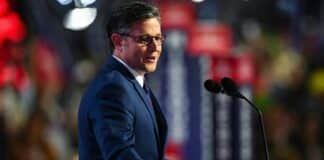A new course at the University of Colorado Boulder, “Queering Literacy in Secondary Classrooms,” aims to equip aspiring high school English and social studies teachers with methods rooted in queer ideology. The 3‑credit class uses “theories and practices of literacy teaching … that challenge multiple forms of oppression,” and promises strategies that go beyond simply recognizing diverse identities.
Fall 2025 will see education majors studying “queering literacy” alongside traditional subject matter. Course materials include “tools of queer pedagogy” to plan, teach, and interpret books featuring LGBTQ characters in ways that avoid “negative stereotypes”. Instructor Ashley Cartun continues this approach, building on Sara Staley’s efforts to foster “spaces of belonging” amid a “highly polarized political moment” in DEI education.
This initiative intersects academic theory with activist training. CU-Boulder’s curriculum states that students will actively “challenge multiple forms of oppression,” not merely observe diversity. “Queer pedagogy,” the instructor said, encourages students to think “critically by asking questions of what they read”. This raises concern for parents and communities seeking traditional frameworks in education.
CU’s course also partners with Queer Endeavor, a campus-linked training program and K‑12 educator network focused on LGBTQ inclusion. This collaboration signals a broader cultural push: education schools are weaving identity politics directly into teacher preparation.
This curricular choice positions CU Boulder among institutions advancing cultural and ideological education over traditional academic content. Policymakers, board members, and concerned parents question whether taxpayer-funded colleges should introduce activist pedagogy into teacher credentials.





